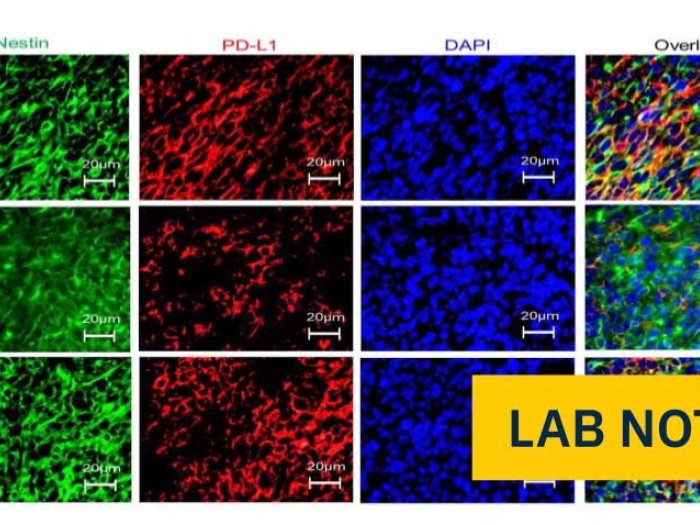Anti-androgen therapy showed positive results in cell lines and animal models.
11:06 AM
Author |

Anti-androgens are known to increase the effectiveness of radiation therapy for prostate cancer patients, helping to slow the rate at which the cancer can repair DNA damage caused by the treatment.
Could the same strategy work against glioblastoma, an aggressive brain cancer that quickly grows resistant to radiation?
Research led by the University of Michigan Rogel Cancer Center showed promising results in laboratory models.
The team's findings, which appear in Molecular Cancer Therapeutics, a journal of the American Association for Cancer Research, showed that several antiandrogen medicines slowed the growth of glioblastoma and made it more sensitive to radiation treatment in cell lines and patient-derived xenograft models.
"These results are very encouraging," says senior study author Daniel Wahl, M.D., Ph.D., a radiation oncologist and researcher at U-M. "And they may help shed light on differences seen in men and women — Men are slightly more likely to develop GBM and women have slightly better outcomes. This may be due to higher levels of circulating testosterone, and thus higher levels of androgen receptor signaling, in men."
Anti-androgens are also able to cross the blood-brain barrier, which is key property for potential drugs used to treat brain cancer.
About half of glioblastoma patients showed activity of their androgen receptors at levels similar to those seen in prostate cancer patients, indicating antiandrogen treatment might be helpful to a large subset of patients.
Paper cited: "Expression of the of the androgen receptor governs radiation resistance in a subset of glioblastomas vulnerable to anti-androgen therapy," Molecular Cancer Therapeutics. DOI: 10.1158/1535-7163.MCT-20-0095

Explore a variety of health care news & stories by visiting the Health Lab home page for more articles.

Department of Communication at Michigan Medicine
Want top health & research news weekly? Sign up for Health Lab’s newsletters today!





